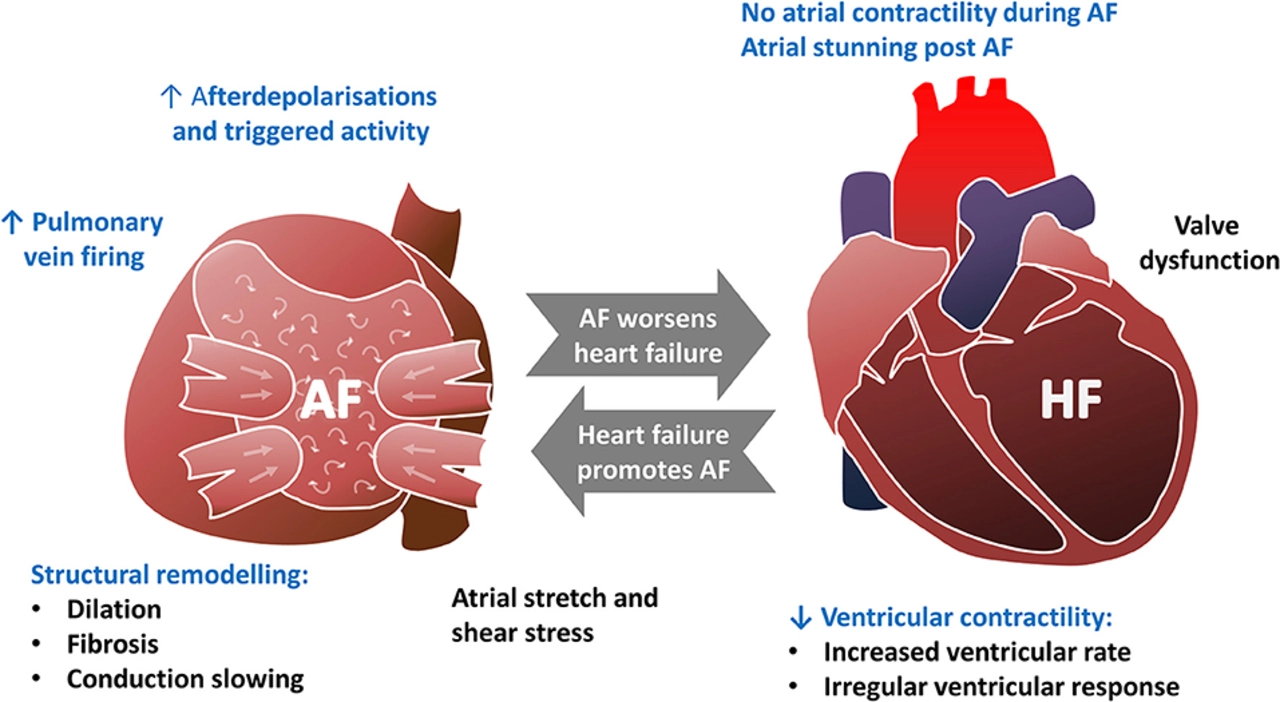Chronic Heart Failure: What You Need to Know
If your doctor ever mentioned "chronic heart failure" (CHF), you might wonder if it’s a death sentence. It isn’t – it’s a condition where the heart can’t pump blood as well as it should, and there are plenty of ways to keep it under control.
Common signs and why they happen
The first clue is usually shortness of breath. Even climbing a single flight of stairs can leave you gasping because the heart isn’t moving enough blood to meet oxygen demand. You may notice swelling in your ankles or belly; fluid builds up when the heart’s pressure backs up into veins.
Other red flags include persistent fatigue, rapid weight gain (often 2‑3 kg in a few days), and a cough that produces frothy sputum. These symptoms pop up because the body tries to compensate – the kidneys hold onto salt and water, the lungs get congested, and the muscles receive less oxygen.
It’s useful to track these changes. A simple diary of daily weight, breathlessness level, and swelling can help your doctor adjust treatment before things get serious.
Practical steps to feel better today
Medication matters. Most CHF patients benefit from a trio of drugs: an ACE inhibitor or ARB to relax blood vessels, a beta‑blocker (like atenolol) to reduce heart strain, and a diuretic to push excess fluid out. If you’re already on statins such as Lipitor for cholesterol, keep taking them – they lower the risk of further heart damage.
Watch your salt. Cutting sodium to under 2 grams a day can dramatically reduce swelling. Swap processed foods for fresh veggies and fruit, and flavor meals with herbs instead of table salt.
Move wisely. Light activity – a daily walk, gentle cycling, or short yoga sessions – helps the heart pump more efficiently. Start with 5‑10 minutes and add a few minutes each week; avoid anything that leaves you breathless for long periods.
Stay on top of fluids. Your doctor may tell you to limit drinks to about 1.5–2 liters per day, especially if you’re on diuretics. Small sips throughout the day are better than chugging a large glass at once.
Check your weight. Weigh yourself every morning after using the bathroom. A jump of more than 0.5 kg in two days signals fluid retention – call your clinic.
Finally, don’t ignore mental health. Feeling low or anxious is common when you’re dealing with a chronic condition. Talk to a therapist or join a support group; sharing experiences often makes the daily routine easier.
Living with chronic heart failure isn’t a life sentence, it’s a call to adjust habits and use proven treatments. By understanding your symptoms, staying disciplined with meds, and making small lifestyle tweaks, you can keep your heart working better for years to come.
Medications for Chronic Heart Failure: A Comprehensive Guide
In my latest blog post, I dive into the world of medications for chronic heart failure, providing a comprehensive guide for those affected by this condition. I discuss the various types of medications available, such as ACE inhibitors, beta blockers, and diuretics, and how they work to improve heart function and reduce symptoms. Additionally, I touch on the importance of adhering to your prescribed treatment plan and working closely with your healthcare team to ensure the best possible outcome. This guide aims to empower and educate those living with chronic heart failure, as well as their loved ones, on the vital role medications play in managing this condition. So, join me as I explore the world of heart failure medications and help you take control of your heart health.
read more